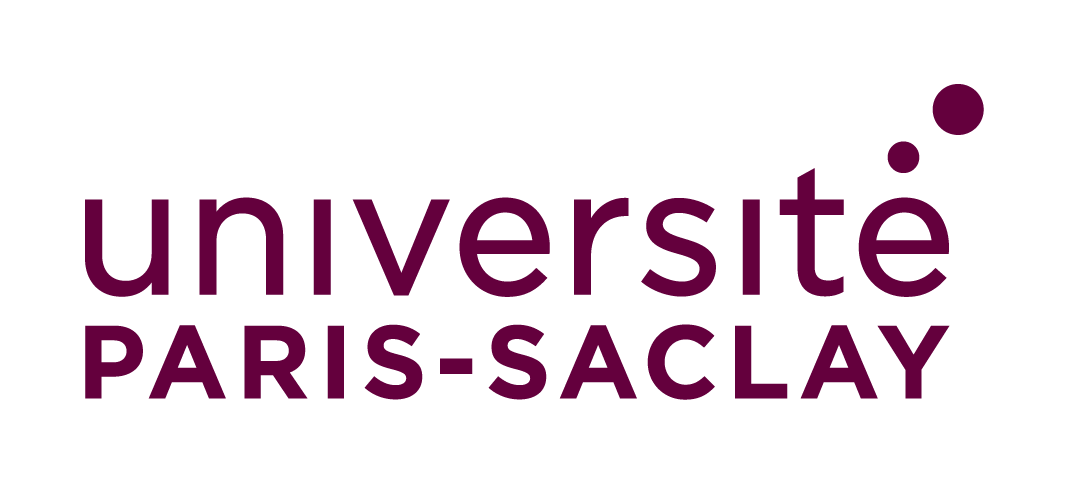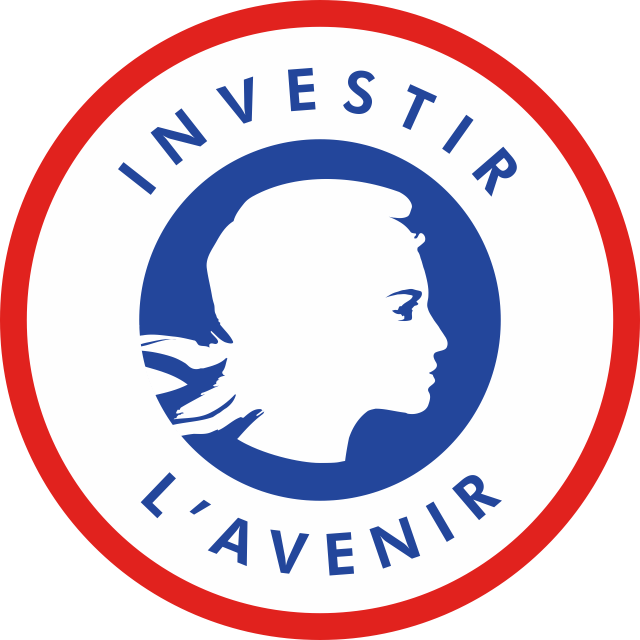Doctoral Schools
|
|
|
|---|---|
Ile-de-France Environmental Science School (SEIF) |
Created in 1991, the Doctoral School of Environmental Science of Ile-de-France (DS 129) offers training, in and through research, in the vast interdisciplinary field of environmental science. The Doctoral School of Environmental Science of Ile-de-France covers multidisciplinary fields related to understanding the physical, chemical and biological balance of the Earth’s environment, such as the study of the climate and its variations at all scales of time and space, dynamics and thermodynamics of the atmosphere and the ocean, radiative transfer, functioning of the continental and marine biosphere, biogeochemical cycles, physical chemistry of air, water and ground pollution, experimental developments and techniques linked to remote sensing observation. |
|
A regional doctoral school with more than 200 doctoral students on physical and biogeochemical processes of the Earth’s climate and environment |
|
Agriculture, Alimentation, Biology, Environment, Health (ABIES) |
The Doctoral School ABIES is a thematic Doctoral School involving the following fields of research :
ABIES is co-accredited by Université Paris-Saclay, AgroParisTech, Ecole Nationale Vétérinaire d'Alfort (ENVA), Paris-Est Sup, and Université Reims Champagne-Ardenne. INERIS is an associated institution. |
| A doctoral school of UP-Saclay offering degrees in agronomy, life sciences, environment, food security, economy | |
Plant Science: from gene to ecosystem (SDV) |
The Doctoral School "Plant Sciences (SEVE ex-SdV)" offers to graduate students from biology and agronomy studies, a training in and through research in the vast interdisciplinary field of plant research (and beyond by integrating other non-plant models) and all its methodological and analytical approaches. The themes of ED SEVE are as follows:
These studies range from gene to ecosystem, using concepts and tools from biochemistry, biophysics, imaging, molecular biology, genetics, genomics, cell biology, modeling and bioinformatics. |
| A doctoral school of UP-Saclay covering all branches of plant sciences, life sciences, agronomy and ecology | |
Mechanics, Energy, Materials, and Geosciences (SMEMaG) |
The SMEMaG doctoral school (ED 579) aims to support, as part of the training of their doctoral students, the teams and research units of the future University of Paris-Saclay (UPSaclay) who are committed to pushing back the frontiers of knowledge in the field of Mechanical and Energy Sciences, Materials Sciences and Geosciences. It is positioned around research teams with an approach that is part of a permanent exchange between modeling, numerical simulation, experimentation, design, and optimization of systems in an industrial, environmental and societal context where many challenges are to be met. both fundamentally and from an application point of view. The co-existence of several disciplinary fields within the ED ensures the possibility of developing original and innovative lines of research at the level of interfaces between these disciplines and these themes. In this context, the Doctoral School addresses a large number of UP-Saclay partners, teams or laboratories. The Doctoral School "Mechanical and Energetic Sciences, Materials and Geosciences" intends to favor originality, risk-taking and breakthroughs within the framework of the disciplines that define its contours. While it naturally encourages teams and researchers to develop multidisciplinary interactions, it does not make it a criterion for membership. It proceeds from a demanding process in terms of selection and monitoring of doctoral students and the skills acquired during doctoral training. One of the main challenges of this structuring is the scientific visibility that is expected from the field of "Mechanical and Energetic Sciences, Materials and Geosciences", both vis-à-vis students and pupils from establishments within the Paris Saclay perimeter who may consider pursuing their studies. doctoral study, that vis-à-vis all doctoral candidates at national and international level. Scope of the doctoral schoolThe doctoral school welcomes doctoral students from the following components and component establishments: Ecole normale supérieure Paris-Saclay, CentraleSupelec, University Paris-Saclay, University of Versailles Saint-Quentin and University of Evry Val-d'Essonne. The doctoral school is open to other possible co-operations. The Doctoral School is structured around a council where all the partners are represented in accordance with the terms of article 12 of the Decree of August 7, 2006. The Doctoral School offers a demanding and personalized training program, in three parts:
Although personalized, doctoral training will nonetheless be formalized to lead to its recognition and guarantee the quality of the doctorate from the University of Paris Saclay. To carry out these missions pragmatically, the following operational structuring, in three poles:
|
| A multidisciplinary doctoral school of UP-Saclay in the field of geosciences | |
Human and Societal Sciences (SHS) |
|
| A new interdisciplinary school of UP-Saclay dealing with all human and social sciences | |
Structural and Dynamics of Living Systems (SDSV) |
SDSV is a doctoral school in biology tackling research in both these fundamental and applied aspects. It relies on a set of high-level research units recognized at national and international levels. |
| A doctoral School of UP-Saclay dealing with genetics, genomics, populations genomics, evolution using experimental and theoretical approaches | |



